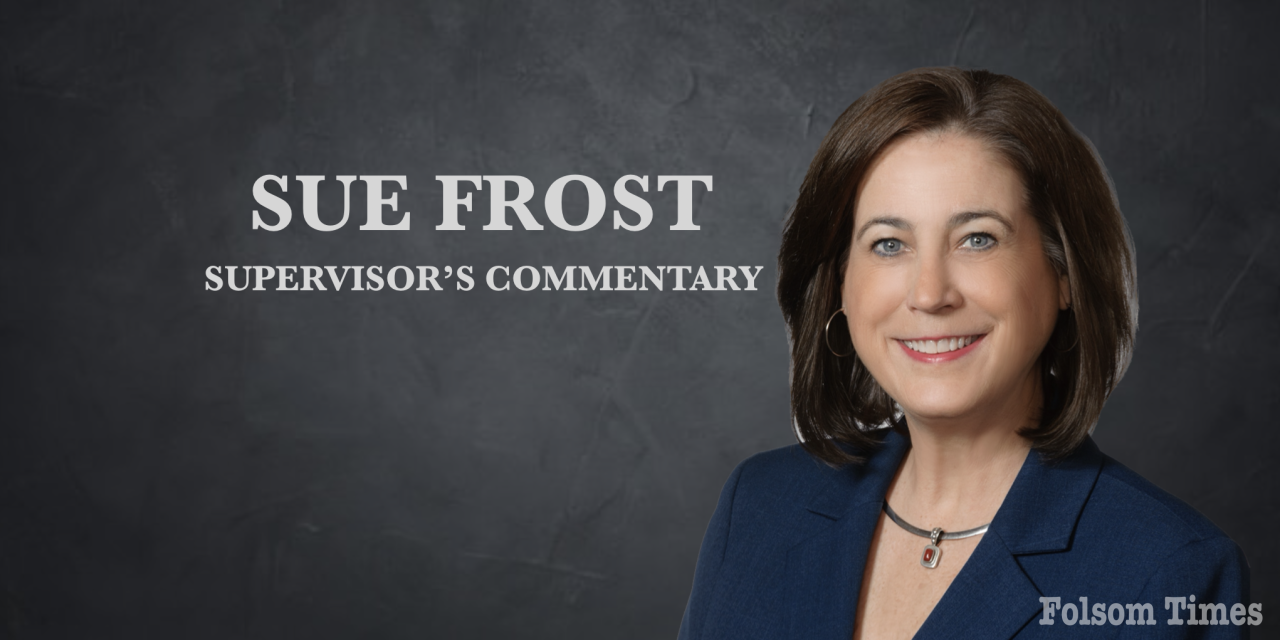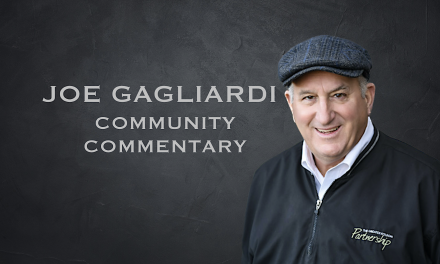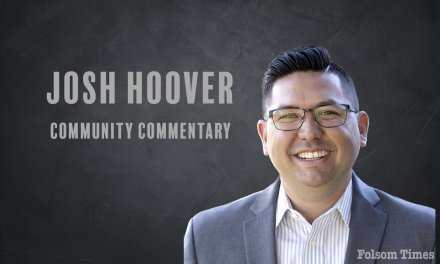As we navigate through the heart of election season, with ballots distributed and, I hope, making their way to the Election’s Office, we stand on the cusp of the March 5 Primary Election. It’s a pivotal time for our community, and I feel compelled to share my thoughts on Proposition 1, slated for the March 2024 ballot.
This measure, which proposes a $6.4 billion bond aimed at enhancing mental health treatment and housing, presents several concerns in our ongoing battle against homelessness in California.
While the initiative’s provision for 6,800 treatment beds and 4,350 housing units, including dedicated support for veterans, is noteworthy, it doesn’t fully meet the needs of the estimated 180,000 homeless individuals in our state. Of all the state’s dysfunctions, none is more damaging to California’s attempts to “make the pitch” to tax payers than the State’s worst in the nation homelessness.
California’s homelessness crisis is a glaring challenge, one that Proposition 1, despite its good intentions, might not fully address. It seems to focus on a specific part of the problem, potentially leaving many in need without adequate support.
A concerning aspect of Prop 1 is its mandate for counties to use 30% of their Mental Health Services Act funds for housing. This could significantly cut into the budget for crucial mental health services, especially for preventing homelessness and providing early mental health support. In Sacramento, where resources are already stretched thin, this could lead to a decrease in vital services. One has to wonder, why hasn’t the original Mental Health Services Act of 2004, funded by a tax on millionaires, been able to curb our mental health and homelessness issues?
Adding to our challenges, Prop 1’s implementation, particularly in financially strained counties like ours, could be difficult. Redirecting funds might mean cutting back on other essential services, compromising the quality and reach of mental health care.
While building new facilities and homes is important, Prop 1 misses a key piece: ongoing support services like job training, education, and continuous mental health care, all critical for successfully helping homeless individuals reintegrate into society.
Moreover, Prop 1 doesn’t fully consider the varied needs of the entire homeless population, which includes diverse groups like families, youth, and the elderly, many of whom don’t suffer from severe mental health conditions or substance abuse issues. We need a broader strategy that addresses the unique challenges faced by all homeless individuals.
While Proposition 1 demonstrates a commitment to addressing homelessness and mental health issues in California, it is not a comprehensive solution. The state needs a more holistic approach that includes a broader range of services and caters to the diverse needs of all homeless individuals. This should include not only funding for treatment beds and housing but also investment in preventative services, workforce development, and long-term support mechanisms. Such an approach would ensure a more sustainable and effective solution to the complex issues of homelessness and mental health in California.
I do believe in reform, redemption, and rehabilitation. However, for a real change to occur, it’s crucial for politicians and their activist partners to shift their focus from unchecked spending to taking decisive, early actions such as enforcing basic laws. This approach could have significantly slowed the homelessness crisis.
Thank you for Reading – and as alwaysif you want to contact me, call me at 916-874-5491, or e-mail me atSupervisorFrost@saccounty.gov.Sacramento County Supervisor Sue Frost represents the 4th District, which includes the communities of Citrus Heights, Folsom, Orangevale, Antelope, North Highlands, Rio Linda, Elverta, and Rancho Murieta.




